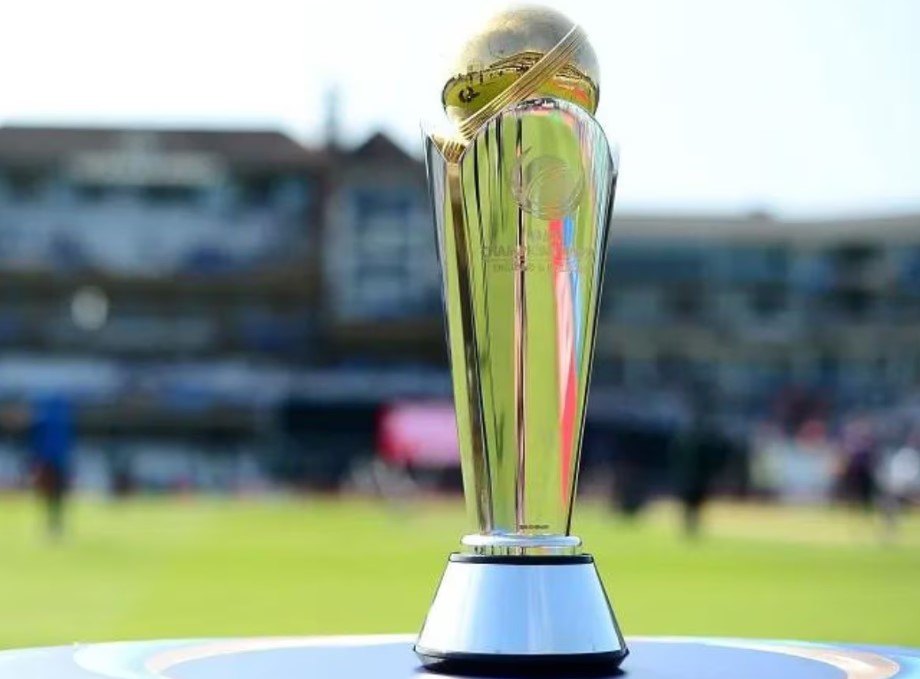Amidst India’s refusal to travel to Pakistan for the Champions Trophy and the Pakistan Cricket Board’s (PCB) rejection of a hybrid model, the International Cricket Council (ICC) is grappling with finding a solution to host the eight-nation tournament scheduled for February 2025. The BCCI has firmly stated that the Indian team will not travel to Pakistan, citing broader diplomatic tensions, while the PCB has sought clarification from the ICC regarding this stance.

Former PCB chairman Najam Sethi, a seasoned voice in cricket diplomacy, recently proposed three potential solutions during an interview with Samaa TV to resolve the impasse.
“The ICC has limited options,” Najam Sethi said. “First, India could decide to participate in Pakistan, but they have made their position clear by refusing to travel even for events like kabaddi and blind cricket. This hardline stance isn’t just about cricket—it extends to other sports as well. If India’s participation in Pakistan is off the table, a hybrid model could work, where some matches are played in Pakistan while India’s fixtures are hosted in a neutral venue.”
ALSO READ: Mohammed Shami Set To Rejoin Indian Squad After Adelaide Test For Australia Series
Najam Sethi’s second option involves relocating the entire tournament to a neutral country if the hybrid model is unacceptable to Pakistan. However, this could place the PCB in a dilemma.
کرکٹ بھارت کے ہاتھوں یرغمال: آئی سی سی کیا کریگی؟، نجم سیٹھی نے بڑی بات کہہ دی#SamaaTV #NajamSethi #SethiSaySawal #TalkShow #ChampionsTrophy #ICC #PCB #BCCI #Cricket@najamsethi @SyedaAyeshaNaz1 pic.twitter.com/k2G4LtLWya
— SAMAA TV (@SAMAATV) November 14, 2024
“Would Pakistan boycott the Champions Trophy or agree to play at a different venue? Rejecting a hybrid model and then agreeing to play elsewhere might be seen as inconsistent and politically problematic,” Sethi added, cautioning that such a move could escalate tensions.
LSO READ: AB de Villiers Picks Kohli And Bumrah In His Ultimate T20 Dream Team
The third option, which Sethi described as a critical advisory for the PCB, urges restraint and pragmatism. “If Pakistan rejects both the hybrid model and an alternate venue, they risk isolating themselves from future ICC events. That would leave the PCB reliant on bilateral cricket, which isn’t financially sustainable as it operates on reciprocity.”
Sethi’s comments underline the complexities of mixing sports and politics. The ICC faces an uphill task in balancing the interests of two cricketing giants while ensuring the tournament’s success. The decisions made here will have long-term implications not only for the Champions Trophy but also for cricket diplomacy on the global stage.
